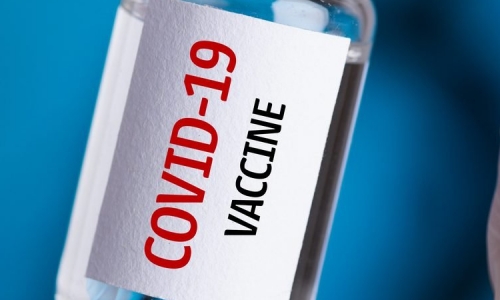Can I Require My Employees to Get the COVID-19 Vaccine?

As the COVID-19 vaccine becomes more widely available to Americans, employers are pondering if they can require their workers to get the vaccine. The answer is yes (mostly).
The EEOC recently issued guidance to assist employers asking this very question. The guidance states that yes, employers may require employees to get vaccinated and they must also comply with the Americans with Disabilities Act and Title VII of the Civil Rights Act. This means that if an employee has a disability that prevents them from getting vaccinated or they object to getting vaccinated based on religious beliefs, those employees must be offered a reasonable accommodation. If an employee brings one of these issues to the attention of the employer, the employer has the right to require the employee to provide proof of their claim, such as verification from their healthcare provider.
If an employee presents a medical condition that prevents them from getting vaccinated, under the ADA the employer must be able to show that an unvaccinated employee would pose a direct threat due to a “significant risk of substantial harm to the health or safety of the individual or others that cannot be eliminated or reduced by reasonable accommodation.”
The EEOC instructs employers to evaluate four factors to determine if a direct threat exists:
- The duration of the risk
- The nature and severity of the potential harm
- The likelihood that the potential harm will occur
- The imminence of the potential harm
Possible reasonable accommodations for unvaccinated individuals may include allowing the employee to work remotely, an alternative job, or taking a leave of absence. In some circumstances, these options are not feasible and not getting vaccinated may ultimately not be a reasonable accommodation. For example, a non-vaccinated employee working in an elderly care facility and working closely with high-risk individuals may pose a direct serious health risk to those in the employer’s care.
If an employee protests getting vaccinated because of their religious beliefs, the employer must determine if the unvaccinated employee would cause a hardship on the business. Title VII of the Civil Rights Act requires an employer to accommodate an employee’s sincerely held religious belief, practice, or observance, unless it would cause an undue hardship on the business. Since the definition of religion is broad, employers do have the right to request supporting documentation that verifies how the vaccine goes against the employee’s religious beliefs. Again, the employer should evaluate if there is a reasonable accommodation that can be made to keep the individual employed and working.
If an employer is able to come up with a solution to keep high-risk unvaccinated employees away from others, then they should do what they can to accommodate those with medical or religious restrictions. However, in the event that this is not possible, or an employee has an objection other than religious or medical reasons, the employer most likely has the right to terminate employees who refuse to get vaccinated.
Any employer who decides to implement such a rule should have a clearly written policy and all employees should be made aware of the policy. They must also take great care to ensure that any medical records provided by employees are kept confidential. Requiring any type of vaccination, especially one so new, as a condition of employment can be sensitive and difficult to explain to employees. The experts at UAP are here to help with such policies and deciding when reasonable accommodations can and cannot be made. Call us today to see how we can help your business.


